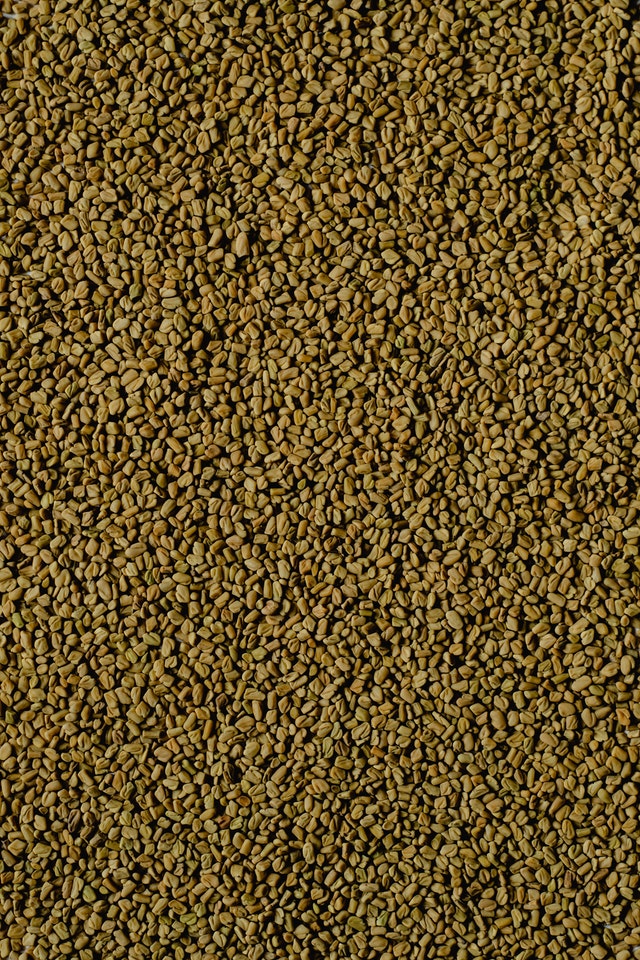Fenugreek Seeds have so many uses in folk medicine and in recent years, fenugreek has been used in alternative and Chinese medicine to treat skin conditions and many other diseases. The seeds are solid – rhomboidal, 3-5mm long, and 2mm thick. They are hard pebble-like. The color is yellowish brown or light brown with a spicy odor and bitter taste.
Fenugreek (Trigonella foenum-graecum) is a clover-like herb, an annual plant in the family of fabaceae, with leaves consisting of three small obovate to oblong leaflets. It is cultivated worldwide as a semiarid crop but native to the Mediterranean region, Southern Europe, and western Asia.
It stands around 2- 3 feet tall. It has green leaves, small white flowers, and pods that contain small, golden-brown seeds which smell and taste like maple syrup when roasted.
It has been used for a long time in spice blends and as a flavouring agent in foods, beverages, and tobacco. The extracts are also used in soaps and cosmetics. It is an interesting herb with diverse uses and many potential health benefits.
In this write up, we will be looking at some health benefits of fenugreek seeds that have been tried and proven since ancient time. We will also consider the bioactive components that are responsible for its activity and flavor, its safety and side effects, and how to use the seeds to get the maximum benefits.
Phytochemical Constituents
The main chemical components are fibers, flavonoids, polysaccharides, saponins, fixed oils and some identified alkaloids. Mature seeds mainly contain amino acid, fatty acid, vitamins, saponins and a large quantity of folic acid. The endosperm of the seed is rich with galactomannan. The young seeds mainly contain carbohydrates.
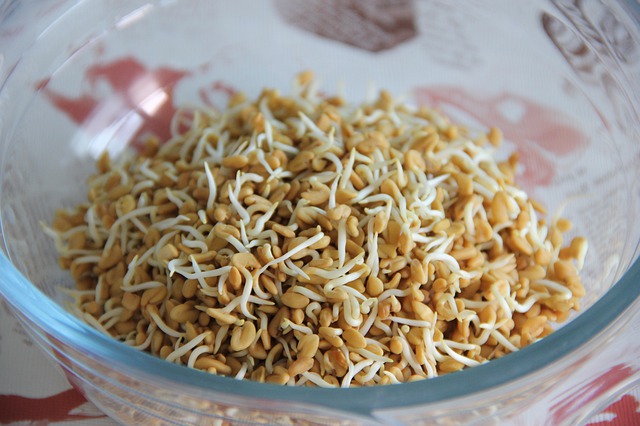
Health Benefits Of Fenugreek Seeds
- Breast Milk Production: It has been found that consumption of food cooked with fenugreek seed by women that just gave birth helped not only to hasten milk production but it also increased production considerably.
- Promotes Hair Growth And Can Treat Dandruff: Fenugreek seeds are packed with various nutrients that promote hair growth. The powder of the seeds can also be blended with a hair mask or conditioner to accentuate its benefits and naturally soften hair. Regular use of fresh fenugreek leaves paste helps hair growth, preserves natural hair color, keeps hair silky, and also treats dandruff. On analysis, the extract showed some anti-inflammatory, antibacterial and anti-fungal properties. This explains why it might help for dandruff and other scalp conditions.
- Aids Weight Loss: Some studies suggest that it aids weight loss by suppressing appetite, increasing satiety, and decreasing dietary calorie intake.
- Fights Diabetes: The fiber in this herb forms a thick and sticky gel in the intestine, which makes it harder to digest excess sugars and bad fats. The seeds may also help improve how the body uses sugar and increases the amount of insulin released. It may reduce insulin resistance in people with type 2 diabetes.
- Fenugreek Seeds Effect on Acne: The seeds work internally within the digestive system to eliminate all the toxins from the body. The leaves can work wonders when it comes to acne. Research shows that applying the paste of the leaves to acne can prevent fresh outbreaks. You can apply the paste in the night and wash it off the following morning with warm water. Fenugreek also contains salicylic acid that unclogs the pores.
- Skin Health: Let us consider here how it can improve skin health. Fenugreek is a wonderful and harmless alternative to so many other non-organic products out there in the market claiming a lot of things that can be achieved applying them. It has natural oils that help in hydrating, moisturizing, and softening of the skin. The potassium, carotene, and vitamin C in the seeds boost skin elasticity and overall health.
- Helps In Relieving Of Poly Cystic Ovarian Syndrome (PCOS) Symptoms: It was found in a study by some researchers that when fenugreek capsules were given to women with menstrual disturbances, hyperandrogenism and infertility, they saw major improvement in their symptoms within two months. Their ovaries reverted to normal health, and their period cycles were restored.
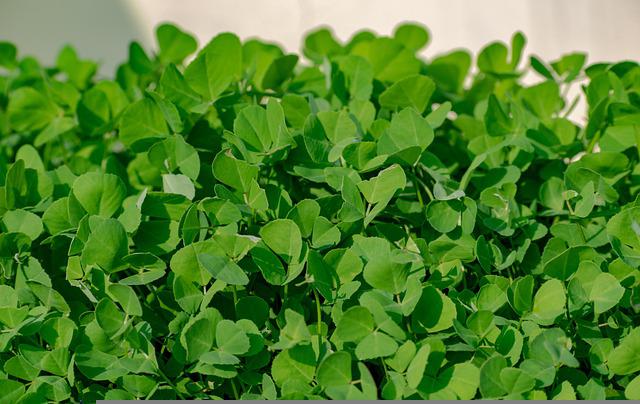
- Fenugreek Seeds Relieve Constipation: it improves digestion and prevents stomach disorders. This is possible because of some qualities of the seeds. The seeds are rich in mucilage that helps in preventing constipation. This it does by softening the mucus membranes and improving their composition. Fenugreek seeds also resist excess mucus production at the same time. It is a bulk-forming laxative, thanks to its high fiber and mucilage content. The seeds equally expand when it comes in contact with water. This triggers a reflex muscular contraction as the volume increases, thereby stimulating bowel movement.
- Helps To Treat Heartburn: It has been shown that fenugreek has actions similar to antacids. It also soothes gastrointestinal inflammation by forming a shield over the intestinal lining.
- Helps To Lower Cholesterol: The seeds have been tested and seen to have rich sources of steroidal saponins that intercept the absorption of cholesterol and triglycerides thereby discouraging the production of cholesterol in the liver. This then explains how the seeds lower total cholesterol and LDL (the bad cholesterol) and also stimulates the production of good cholesterol.(HDL)
- Acts As An Anti-Inflammatory Agent: Fenugreek seeds have anti-inflammatory activity due to the linolenic and linoleic content. The ethanol, mucilage, and flavonoids extracted from the seeds also add to the anti-inflammatory properties. This anti-inflammatory effect can be found valuable in managing conditions like asthma.
- It Can Reduce Aluminium Toxicity: This can be used for both animals and humans. The seeds can offer protection to the brain, bones, and kidneys by reducing aluminum toxicity when used as detoxifying agent thereby reducing memory loss in the brain.
- It May Boost Testosterone: Fenugreek is often used to increase testosterone levels naturally. It contains compounds called furostanolic saponins, which is believed to increase testosterone production. Several studies have shown that taking fenugreek supplements may improve testosterone levels and symptoms related to low testosterone such as low libido but there is need for further studies on this. Testosterone is a sex hormone in both men and women that affects sexual function, energy levels, cognitive function, bone health, mood, and more. Testosterone levels naturally decline as one gets older, and health conditions like obesity and diabetes are associated with low testosterone, regardless of age.
- Anti Cancer Activity: Fenugreek extract has been shown to have appreciable anti-cancer activity. Test-tube studies have demonstrated that fenugreek extract can destroy certain cancer cells such as lymphoma and breast cancer cells. More research is needed in this respect.
Possible Side Effects of Fenugreek Seeds
Fenugreek is “generally regarded as safe” especially when consumed in normal quantity but when taken at higher doses can cause side effects such as diarrhea, dizziness, headaches, bloating, gas, and maple syrup odor in the urine. Some other effects when taken more than recommended dosage are nasal congestion, coughing, wheezing, facial swelling, and severe allergic reactions (especially in hypertensive patients).
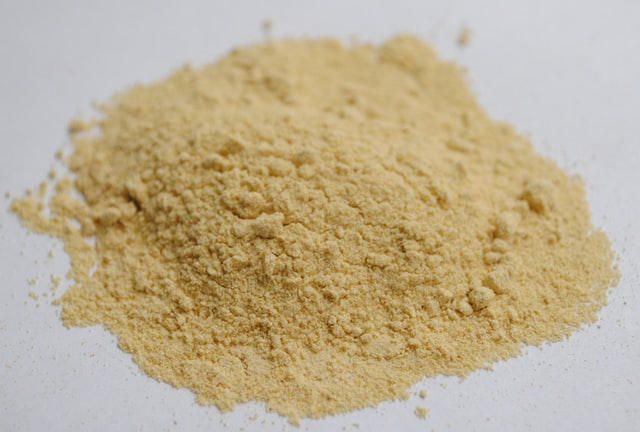 There are other possible side effects to consider when using fenugreek:
There are other possible side effects to consider when using fenugreek:
- Changes in Appetite: Fenugreek has potential of suppressing appetite and make you feel less hungry so it is not a safe supplement for persons who are underweight or have eating disorders.
- Low Blood Sugar: Taking high doses of fenugreek may cause a big drop in blood sugar levels. Caution should be exercised when you are on diabetes medication and want to use fenugreek supplements as this could lead to very low blood sugar(hypoglycemia).
- Low Potassium: Fenugreek can lower potassium levels in the blood thus People taking medication that reduces blood potassium, including “water pills” (diuretics) should not take fenugreek.
- Liver Problems: There have been some cases of liver toxicity in people who have taken high doses of fenugreek
- Allergic Reactions: Care should be taken when using fenugreek if you have allergies. There is possibility of cross-reactive allergic reactions if you use the seed. If you are allergic to peanuts, chickpeas, or coriander, it is best to avoid fenugreek.
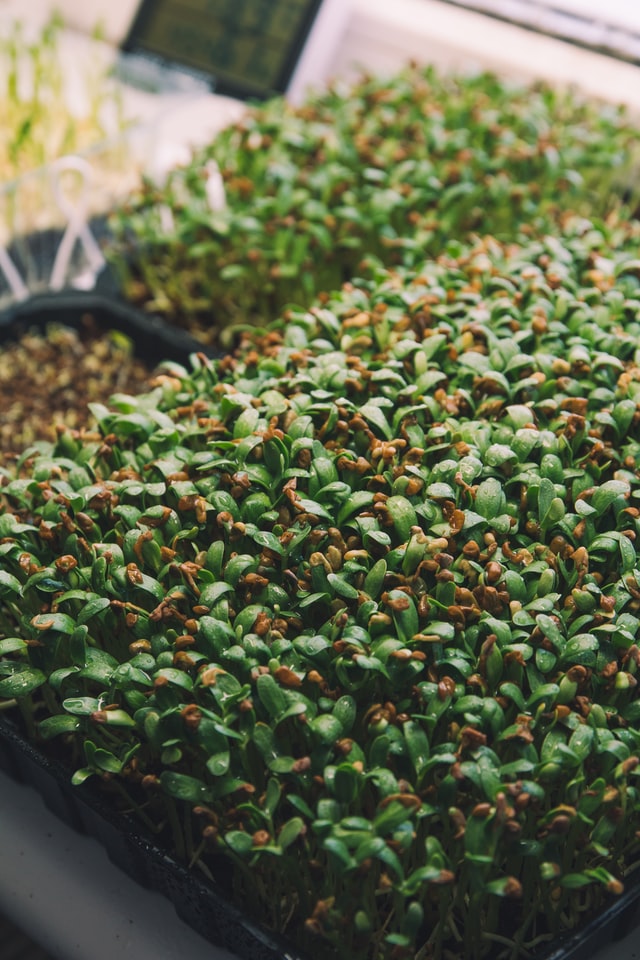 Possible Interactions With Other Medications
Possible Interactions With Other Medications
It is usually advised to consult your doctor if you want to start using fenugreek supplements especially if you are on any medication. Fenugreek is known to interact with thyroid medicines and may aggravate symptoms of hypothyroidism.
It is advised not to use fenugreek within a few hours of taking any medication because the fiber in fenugreek makes your body less effective at absorbing medications taken orally.
Fenugreek Seeds Presentations
It comes in different presentations like:
- The raw seed with the outer shell
- The raw seed without outer shell
- Fenugreek oil
- Fenugreek seed powder
- Fenugreek seed powder encapsulated
The best way to take the seed powder is in warm water like tea but for culinary purposes, the seed is roasted before blending and adding to the dish.
Potential Risks Of Fenugreek
Pregnant women should not use fenugreek because it may induce premature labor due to its ability to cause uterine contractions. Women with hormone-sensitive cancers should avoid fenugreek.
Suggested Dosages of Fenugreek You Can Take In a Day
Different dosages are used in clinical studies and treatments depending on the need of the patient.
- Persons with high cholesterol can take 10-30 grams of seed/powder three times a day, with meals.
- Lactating mothers that wish to increase their milk production should take between 500mg to 1000mg of fenugreek a day.
- People with type 2 diabetes should consider taking 2.5 to 15grams of the seeds daily.
- Men who want to increase their testosterone levels can opt for 500mg to 600mg of fenugreek daily.
For other diseases, conditions and symptoms, please refer to your doctor.
Advice
Always make sure to consult an expert so you don’t go overboard on supplements.

